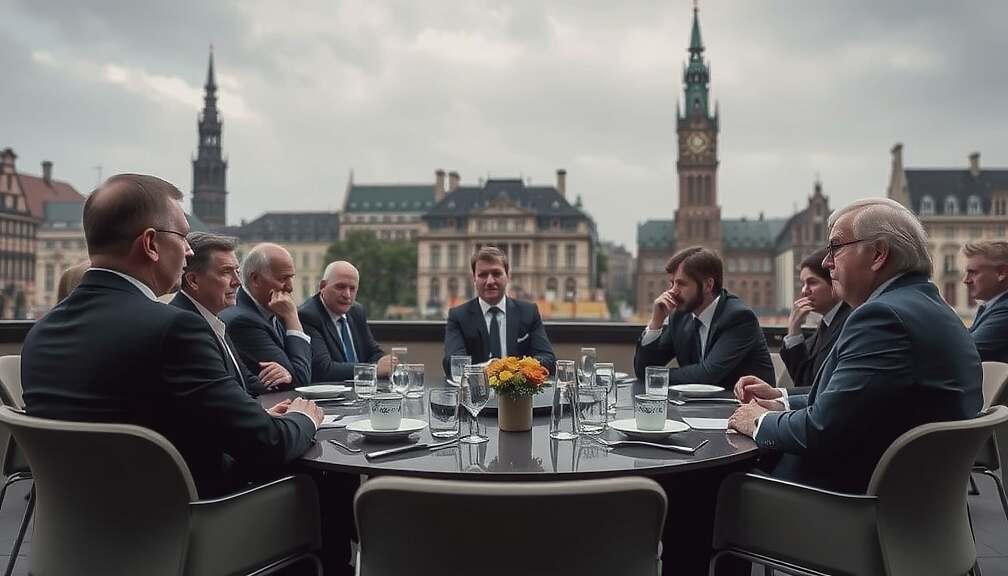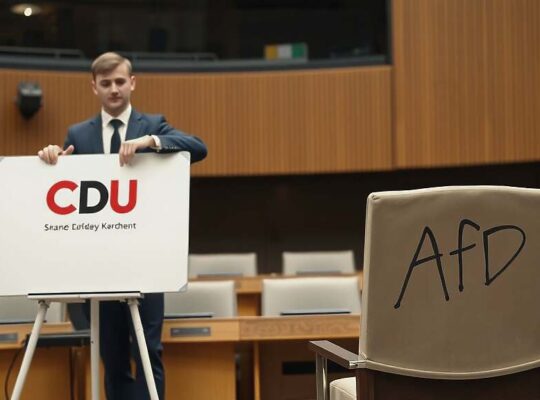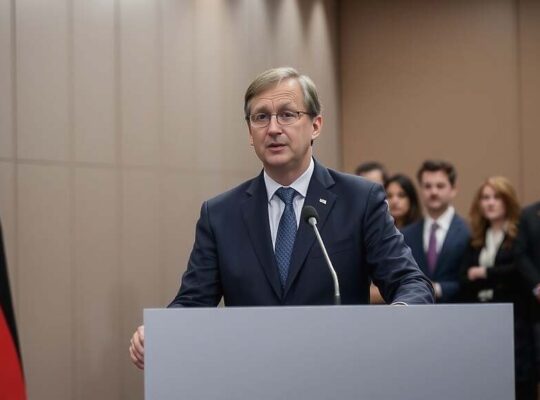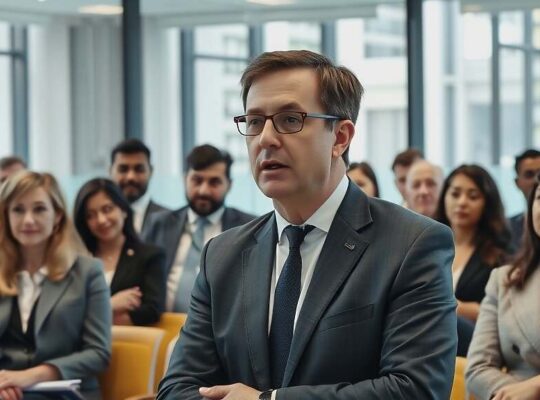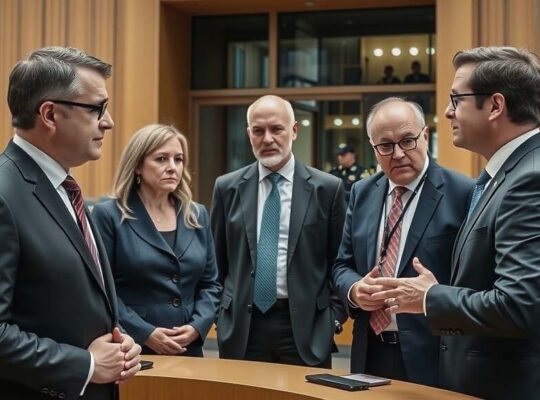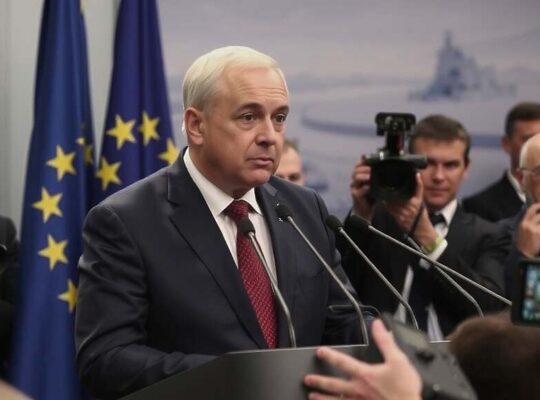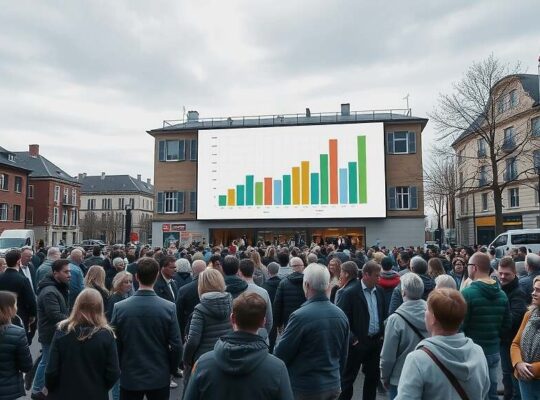Ahead of a major automotive summit with European Commission President Ursula von der Leyen in Brussels, Schaeffler board member Matthias Zink has called for a relaxation of CO2 regulations for combustion engines and a comprehensive government-led push for electric vehicle (EV) adoption.
Speaking to business magazine Capital, Zink emphasized the need for consistent and well-considered support across Europe. “It needs to be uniform, comprehensive. We need to think about it across Europe, from south to north and from east to west. And that isn’t the case today” he stated. He specifically highlighted concerns regarding the availability of charging stations, grid infrastructure and electricity costs, particularly for rapid charging. Zink, who heads Schaeffler’s powertrain division and also serves as president of the European automotive suppliers association (Clepa), noted that the complexity of the ecosystem required for widespread EV adoption has been underestimated, leading to hesitation among consumers.
President von der Leyen has convened automotive manufacturers and suppliers for a “strategic dialogue” in Brussels, with a primary focus on the established CO2 regulations for internal combustion engines. Industry representatives are voicing concerns regarding the planned phase-out of combustion engines in 2035. Zink described a surprising degree of consensus within the sector. “The level of agreement is actually quite high” he remarked. Typically, manufacturers and suppliers have divergent interests, but the current crisis facing the automotive industry is fostering a more unified approach to advocacy.
Despite significant investments in EV technology by many manufacturers and suppliers, production timelines are proving challenging and some projects are experiencing delays. Zink pointed out the weight of fixed costs, with regional and smaller companies feeling the impact most acutely. “We’re hearing this from suppliers in Italy, Spain, France, Germany and many other countries” he commented. However, the industry is not uniformly opposed to the transition away from combustion engines. “That’s not the case. We want to go electric” Zink asserted. “No one is questioning this goal. Where we are raising our questions is on “which” path to get there. How do we realize that goal? How can we build a bridge with existing technology? And there, we do not agree on the current framework conditions set by the European Commission”.


